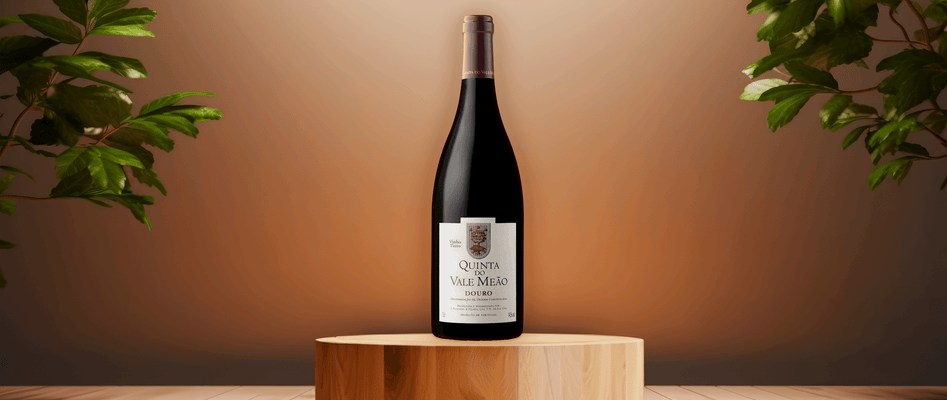On the complex and enchanting journey of wine tasting, we often wonder how accurate our perceptions really are. Is what we feel and describe about a wine a universal experience or something deeply personal and subjective? This article sets out to explore this fascinating question, taking us along a path that combines science and sensitivity, in search of a deeper understanding of what really happens when wine touches our lips.
The Role of the Senses
First of all, it is crucial to understand that wine tasting is not just an act of drinking; it is a complete sensory process. We mainly use smell and taste, but our experience is also influenced by sight, touch (texture of the wine in the mouth) and even sound (the clink of the bottle when opened, the gurgle of the wine being served).
The Subjectivity of Perception
Each person has a unique set of sensory cells and associative memories, which means that taste perception can vary enormously from person to person. What for one may be a wine with exuberant notes of red fruits, for another may resonate as just slightly fruity.
The Influence of Context
Our experience when tasting a wine can be affected by factors as diverse as the environment we are in, the company, and even our emotional state at the moment. A wine drunk in a sunny vineyard may seem more pleasant than the same wine drunk on a cold, gray day at home.
The Science Behind Tasting
Scientific studies show that there is wide variation in how people detect specific chemical compounds present in wines. For example, the compound 3-mercaptohexanol, known for giving Sauvignon Blanc its characteristic blackcurrant aroma, is not perceived in the same way by all tasters.
The Effect of Expectations
What we expect from a wine can also significantly alter our tasting experience. If we are told that we are drinking an expensive wine, it is likely that our mind and palate will be predisposed to appreciate it more, even if we are not able to discern its qualities objectively.
Learning to Taste
Although there is a lot of subjectivity involved, learning about wine and training your palate can help improve the accuracy of our perceptions. Taking part in guided tastings, learning about the typical characteristics of different grape varieties and regions, and even keeping a wine diary are excellent ways to improve our tasting skills.
Conclusion
In short, while science may attempt to quantify and explain many aspects of wine tasting, the truth is that the beauty of winemaking lies in its ability to evoke a tapestry of sensations and emotions that are deeply personal. So, although we cannot always fully trust our perceptions, we can certainly continue to enjoy and explore the vast world of wines with enthusiasm and curiosity.









